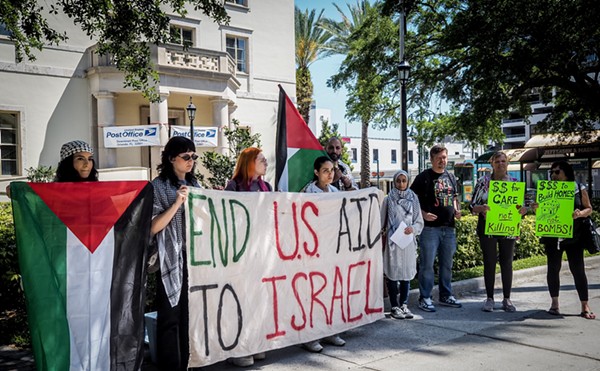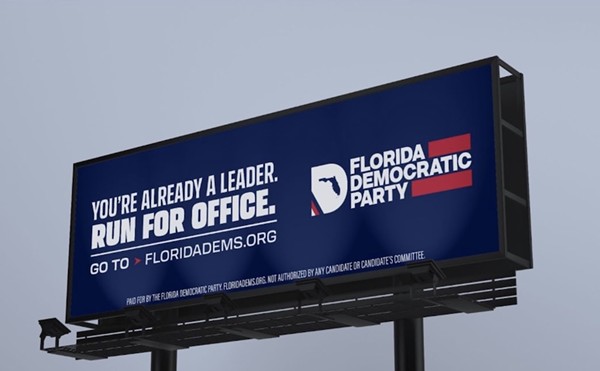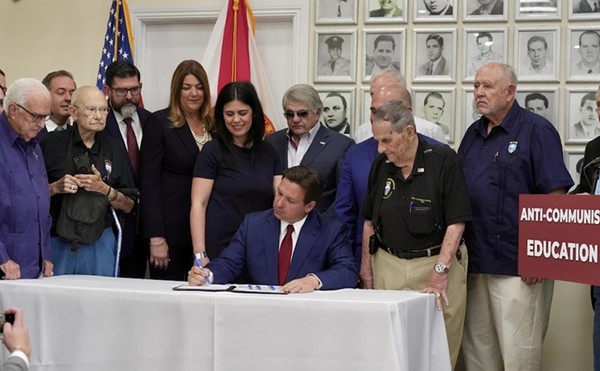Armand Hammer is one of the 20th century's most intriguing villains, with overlapping careers as an art dealer/huckster, oilman and banker to Soviet spies. Hammer bribed his way to prominence, cultivating powerful men who in turn helped him.
Some of those favors had a profound impact on history, as illustrated by a letter Gore's father, Sen. Al Gore Sr., wrote on Hammer's behalf in 1961. With it the elder Gore helped set in motion the events that would lead, nine years later, to the rise to power of OPEC -- the Organization of Petroleum Exporting Countries -- and the oil crisis of the early 1970s.
Libya, a North African kingdom created in 1951 by the United Nations, was offering its oil concessions to all comers in a bid to break what was then the most powerful oligopoly in the world -- the 30-year-old "Seven Sisters" oil cartel. To get a concession, Hammer first needed an introduction. According to 25-year Hammer aide Carl Blumay in his 1992 book, The Dark Side of Power: The Real Armand Hammer, Gore wrote a letter of introduction for Hammer to the U.S. ambassador to Libya, instructing him to arrange a meeting between Hammer and King Idris I. Hammer stopped in Tripoli on his way to Moscow in 1961 to begin negotiations.
The concession cost $3.8 million in bribes. Hammer could pay bribes CEOs of larger companies couldn't or wouldn't because, although Occidental was a public company listed on the stock exchange and subject to Securities and Exchange Commission regulation, Hammer alone controlled the board of directors by means of signed, undated letters of resignation from each of them. A later investigation by the SEC would discover at least 38 instances of bribery of foreign nationals by Hammer and his associates, usually to obtain oil concessions.
"Hammer enjoyed the directness of it all," Sir John Foster, a Hammer advisor and Occidental board member, told Hammer biographer Edward Jay Epstein. "He liked to see people jump up when he came into a hotel room with an attaché case full of cash."
Occidental obtained Libya's richest oil concession, instantly becoming an international player. In April, 1968, Gore traveled to the Libyan town of Zueitina for the $1 million celebration of the pipeline's opening. "Scarlet coated bandsmen stood in formation with their instruments shining in the midday sun and the blood of sacrificial lambs stained the desert sand," an impressed reporter wrote in Fortune magazine.
But the sweet Libya deal was to be short-lived. On Sept. 1, 1969, a 27-year-old Libyan Army sub-lieutenant overthrew the monarchy in a bloodless coup. Muammar al-Gadhafi immediately promoted himself to colonel and set about renegotiating the country's oil concessions.
He focused on Occidental, which depended entirely on Libyan oil.
Hammer resisted fiercely at first, but on Sept. 1, 1970, Hammer agreed to give Libya 55 percent of its oil proceeds, plus power over future pricing of the oil. The agreement became the template for bargaining with the other oil concessionaires in Libya, who quickly fell into line.
"After this," Epstein notes, "the Middle Eastern dominoes began to fall. ... In a matter of months, the control of oil had begun an ineluctable shift from the Seven Sisters cartel to the oil producing nations."
Thus OPEC was born.



















